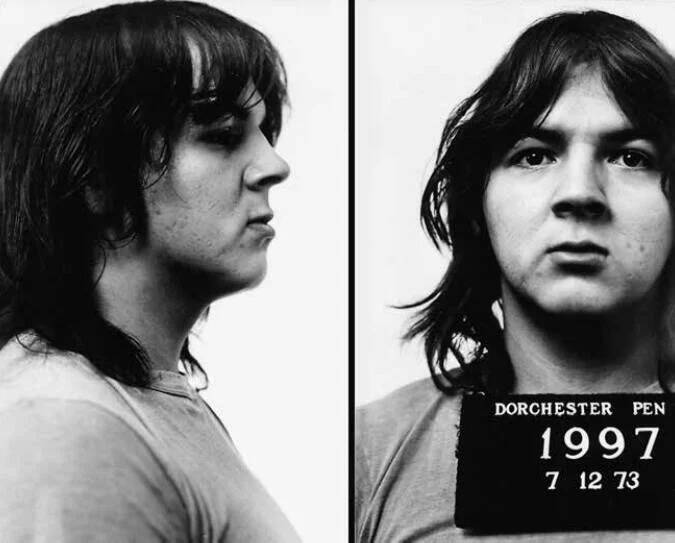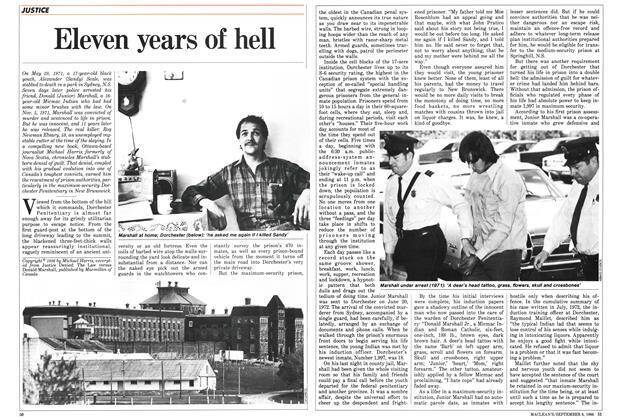How Donald Marshall Jr. Was Wrongfully Convicted Of His Friend’s Murder

Sydney Police DepartmentEven after his wrongful conviction was overturned, Donald Marshall Jr. was blamed for his own incarceration.
On May 28, 1971, Donald Marshall Jr. and his friend Sandy Seale were walking through Wentworth Park in Nova Scotia, Canada. According to Marshall, they were approached by two older men who asked them for cigarettes, before launching into a string of racial slurs against Marshall and Seale, who were Indigenous and Black, respectively. Amid this verbal assault, one of the men pulled out a knife, slicing Marshall’s arm and stabbing Seale in the stomach.
Marshall initially ran away, but quickly returned to help Seale. He called an ambulance and told police that he would help find out who had attacked them — but from the start, the investigation was horribly mishandled. Police didn’t bother to secure or photograph the crime scene, nor did they put much effort into looking for evidence or potential suspects.
The day after the attack, Seale died in the hospital, and police, for some reason, did not order an autopsy to be performed. A week later, they arrested Marshall, ignoring his account and insinuating that his own wound was self-inflicted. During his trial, which began on November 2, 1971, two witnesses were allegedly pushed to lie on the stand and give a conflicting account of what happened that night — even though their original statements confirmed what Marshall said about the incident.

Maclean’s ArchiveTo this day, Donald Marshall Jr.’s wrongful conviction remains one of Canada’s most infamous.
Marshall’s lawyers, meanwhile, failed to question the witnesses or ask the prosecution for the witnesses’ previous statements. As a result, the jury found Marshall guilty, and he was convicted of murder and sentenced to life in prison. But 10 days later, a man named Jimmy MacNeil contacted the police to inform them that he had been in Wentworth Park the night of the incident with someone named Roy Ebsary. And according to MacNeil, Ebsary was the one who actually stabbed Seale — not Marshall.
Police, as they had done throughout the entire investigation, chose to ignore MacNeil. But Ebsary had also been telling friends that he had stabbed Seale and even eventually wrote a letter to Marshall, saying that he knew he was innocent. So finally, after about a decade, Sydney police reopened the case, and the Royal Canadian Mounted Police launched a new investigation that uncovered the extent of the horrible mismanagement of Marshall’s case. They also found the murder weapon in Ebsary’s home.
Finally, in 1982, Marshall was released from prison — but his nightmare wasn’t finished yet. The Nova Scotia Court of Appeal refused to place any blame on the police who mishandled the case. Instead, they stated that Marshall was “the author of his own misfortune.” A Royal Commission, however, later found that Marshall’s wrongful conviction was “due, in part at least, to the fact that Donald Marshall Jr. is a Native.”
Thankfully, if there is a silver lining, Marshall’s case caused changes to be made to Canada’s evidence disclosure rules and led to a re-examination of Nova Scotia’s legal system, and he was given a $1.5 million pension for the nearly 11 years he spent behind bars for a crime he did not commit.





